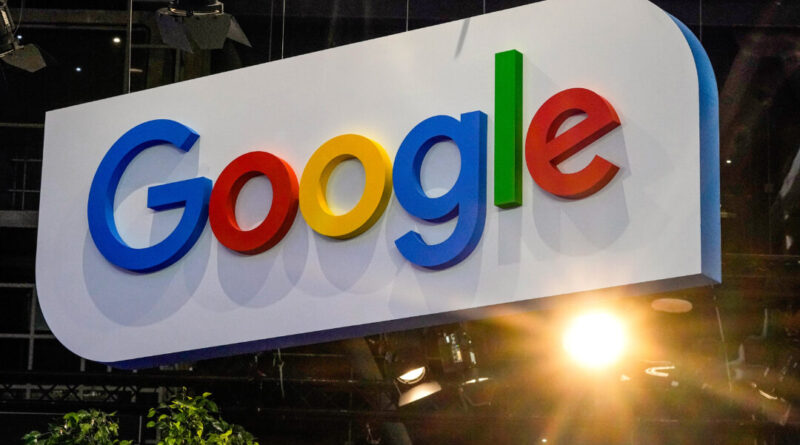European Union Privacy Regulator Investigates Google’s Artificial Intelligence Model
Ireland’s Data Protection Commission expresses concerns about Google’s Pathways Language Model 2.
The EU’s privacy watchdog is currently investigating how Google is utilizing personal data in the creation of one of its artificial intelligence models.
The regulator mentioned that it is collaborating with partners in the European Economic Area to oversee the handling of personal data from EU users used in the development of AI models and systems.
Their examination will focus on whether Google has evaluated if PaLM2’s data processing poses a “high risk to the rights and freedoms of individuals” within the EU, as stated by the commission.
This model, which was initially trained on a diverse range of datasets including webpages, source code, and other sources, can perform tasks like language translation, mathematical calculations, answering queries, and coding, among other functions.
Other Firms Halt Plans to Train AI on User Data
The EU watchdog has raised concerns about the utilization of EU user data in training generative AI models with major tech companies.
In a statement on Sept. 4, the DPC stated that prior to reaching an agreement with X, they had significant concerns regarding the handling of personal data from EU users for Grok training, posing risks to individuals’ rights and freedoms.
This marked the first instance of such action taken by the DPC, leveraging powers under Section 134 of the Data Protection Act 2018.
In the same announcement, the DPC revealed ongoing efforts to address issues related to the use of personal data in AI models industry-wide and had sought input from the European Data Protection Board (EDPB) to initiate discussions and bring clarity to this complex area.
The EDPB is asked to consider the extent of personal data processing, including first-party and third-party data, at different stages during the training and operation of an AI model, among other aspects.
The Epoch Times has reached out to representatives from Google and the Data Protection Commission for additional comments.
Reuters and the Associated Press contributed to this report.





